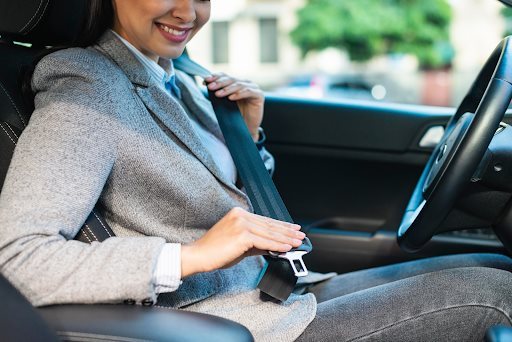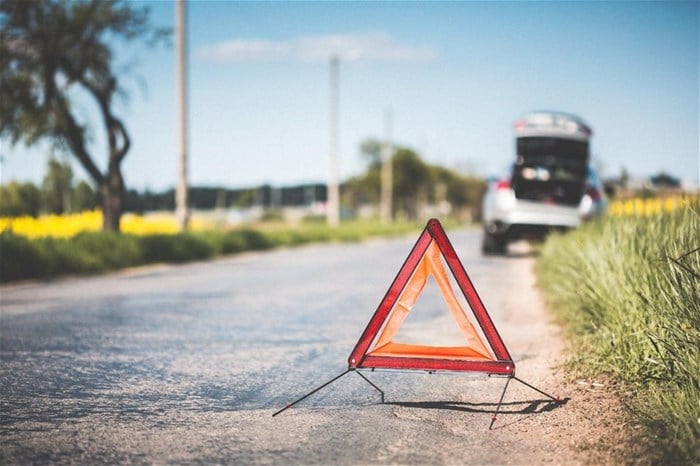“Now that lockdown restrictions have eased, we expect many people on the roads this Easter break,” says Nduduzo Chala from the SATMC.
During the Covid-19 pandemic’s second wave in South Africa, many airlines decided to cancel flights to local hotspots and, because of this, some flights are still not up and running. For instance, as people started avoiding the Garden Route, flights to George diminished and eventually got cancelled. Currently, flights to and from Lanseria and Plettenberg Bay are scarce or not available at all.
Many flights have been cancelled due to the lockdown curfew restrictions (midnight to 4am). Any flight that could be delayed by a couple of hours, causing the passenger to arrive at their destination past curfew, has been cancelled to abide by the law. Flights to places such as George, Gqeberha and East London have been particularly hard hit. It is easier for holiday-goers to drive and plan departure and arrival times according to their schedule.
You can do the following to ensure the safety of your vehicle on the road over the Easter break:
Keep your tyres correctly inflated
Incorrect inflation affects steering, acceleration, braking and road grip. Under-inflated and over-inflated tyres affect performance and life of the tyre. Check your car’s guide (often found in your manual or on the inside of the driver’s door) on how to inflate your tyres. You may require a different pressure, especially if you’re travelling with lots of luggage or a trailer.
Check that your tyres are not damaged in any way
The most frequent type of tyre damage that occurs is tread damage, followed by sidewall damage, bead damage and inner liner damage. All of these left unchecked could cause significant damage to your tyres and the performance of your tyres. It is suggested that you go to an accredited tyre dealer for more information and assistance with the right type of tyres.
Sit correctly
Your seatbelt should be worn correctly (across your waist as well as over your chest between your shoulder and neck) and at all times. It prevents you from being thrust too far forward when the airbag goes off. If worn incorrectly or not at all, and the airbag goes off, you could break your ribs or worse. Don’t put your legs up on the dashboard. Should an accident occur, you could break your legs, feet and hips. Sit with both feet flat on the floor of the car and take regular breaks instead.

Always wear your seatbelt correctly
Don’t overpack your car
Make sure that you can see out the back of the car with your rear-view mirror. Keep all luggage in the boot. No luggage should be able to fall over to the front seats from the back of the car.
Ensure you have basic tools in case of emergency
Always have the following on hand when travelling long distances: a cellphone charger or battery pack, a fire extinguisher, a hazard triangle, a spare tyre and tools to change your tyre, a set of jumper cables, a tow rope and a flashlight.

Make sure that you have the necessary tools on hand when traveling long distances
Save important emergency numbers
Make sure that you’ve saved all the relevant numbers for emergency services and know at least three numbers of family or friends so that you can call them from someone else’s phone should yours be flat.
“It is expected that the roads will be tremendously busy over the Easter weekend and the school holidays that follow. People will be travelling to friends and family, as well as coastal areas, for their vacation. We expect many busses, taxis and other vehicles on the roads,” says Chala. “Having our consumers stay safe on the road during the Easter break remains our top priority,” he adds.
For more information on the SATMC and what they do, visit http://www.satmc.co.za/ or email az.oc.cmtas@ofni.
Release issued by cause-marketing agency dotGOOD.






























